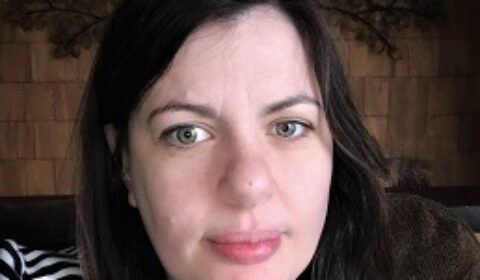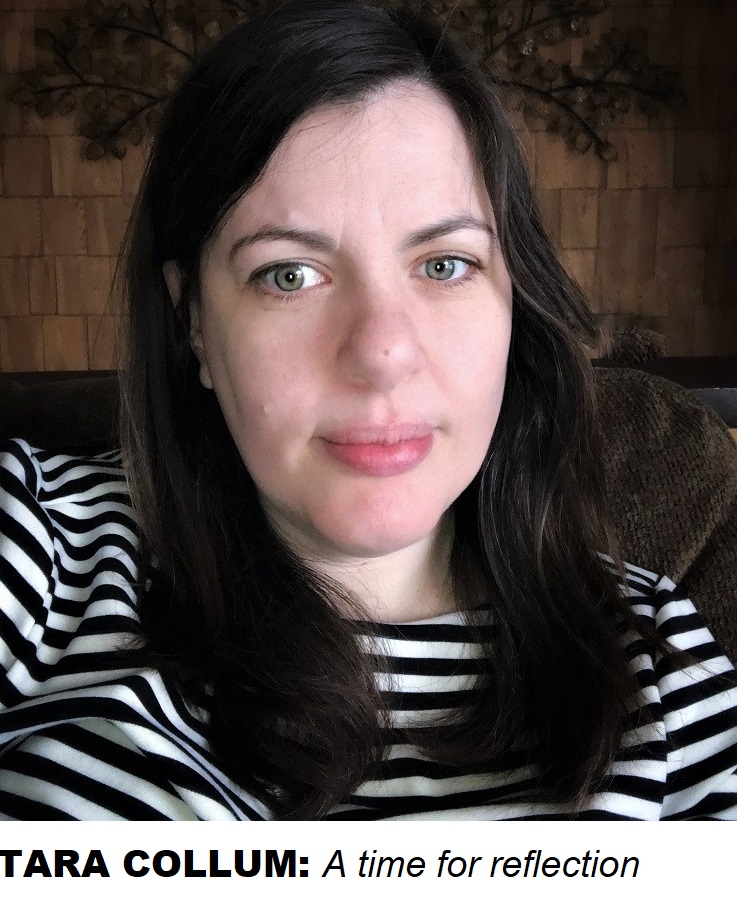BULLIED STUDENTS NEED MORE HELP FROM SCHOOL MENTORS
Tara Collum | Contributing columnist
It can be difficult making friends in a small town. It can be even more difficult when you’re extremely shy.
Unfortunately, I wasn’t just shy, I experienced anxiety and depression. These issues made it difficult to make friends, and made school challenging. In high school things became so difficult I dropped out for an entire semester.
I told my guidance counsellor I wanted to take time off and was allowed; even while not trying to talk me out of it or asking me what was wrong. And when I returned to school I was criticized by the co-op teacher for dropping out continued to be bullied.
I was bullied by students, too. In my age group there were a lot of stereotypically popular kids that wouldn’t talk to you if you didn’t wear the right clothes, or go to the parties. I didn’t have a big friend group or a boyfriend and these things combined singled me out for ridicule or to be ostracized.
In psychology there are four basic coping mechanisms: Fight and flight and freeze and fawn. I was as nice and quiet as possible so as to not draw attention to myself. And if I was teased I would try not to react. This lack of reaction is also called disassociating.
Most people did leave me alone and I managed a few friendships, many that continue today.
But there was one boy who was very cruel to me. He made fun of my appearance. At my first and last high school dance he called me ugly in front of a large group of people. And I froze. I didn’t know how to respond, so I didn’t. Walking down the hall one day, he talked loudly about pushing me down the stairs. I pretended I didn’t hear him and hoped some how he wasn’t talking about me. I never told anyone what he said.
I didn’t think anything could be done to stop it or realize that he should have been punished for saying things like that.
I hope he’s changed. I don’t hold any grudges or bad feelings. It’s a difficult time being a teenager and kids can be mean. I just hope my old classmates who have children are encouraging them to be kind.
Teachers on the other hand, have no excuses for bullying students. My only goal was to go to university, and the co-op teacher tried to tell me that I wouldn’t make it. I never took a computer class, so he was convinced I wasn’t “university material.” He wouldn’t give me a good co-op placement. He discouraged my interest in writing and wouldn’t allow me to try and work for any of the town newspapers. I didn’t know how to advocate for myself and fight for a better placement.
Luckily, I didn’t listen to the co-op teacher’s opinion about university.
I didn’t need a computer class to learn computers; I just needed to have one. My parents and my co-workers at YIG were supportive of my interest in writing and encouraged me to enter a union essay-writing contest. I won first place and a computer. Even without my own computer my university had no shortage of them on campus in labs and libraries.
I was also fortunate to have the encouragement and support of many wonderful teachers at GHS, like Mary Catherine Bassett who taught Spanish class. And art teacher Sue Buckingham. Her class was challenging and our field trip to Buffalo to tour art museums was the most fun I ever had in school. I’m always happy to read about her good work around town, like her project of putting little lending libraries in all the local parks.
Cheryl Tough who taught English and lived up to her last name was another amazing teacher. She suggested I write a play, which was later performed by the drama club. She encouraged me to keep a notebook and would critique my stories outside of class. I never won any English awards or even received good grades; but in university my marks were much higher.
I was not alone in being labelled unfairly by GHS teachers. Many of my friends and classmates were discouraged from going to postsecondary school and told they weren’t university material. All of them proved teachers wrong.
Some teachers think it’s OK to judge students. Some young people have trouble finding our voice and some teachers assume we’ll never find it. If you’re a teacher who helps students find their voice and encourages them to use it, I want you to know what an incredible difference you make in the lives of students. For that I want to thank you.
And for any readers who are current or past students unfairly labelled by teachers it’s never too late to prove them wrong.
Tara Collum went to school in Gravenhurst and lives in Toronto.


July 10, 2021 @ 11:57 am
Poignant, honest and valuable writing Tara. It certainly causes some reflection on my part. I am happy you can name teachers who supported you.
July 11, 2021 @ 12:01 am
Thank you Mr Dolmage! I appreciate that